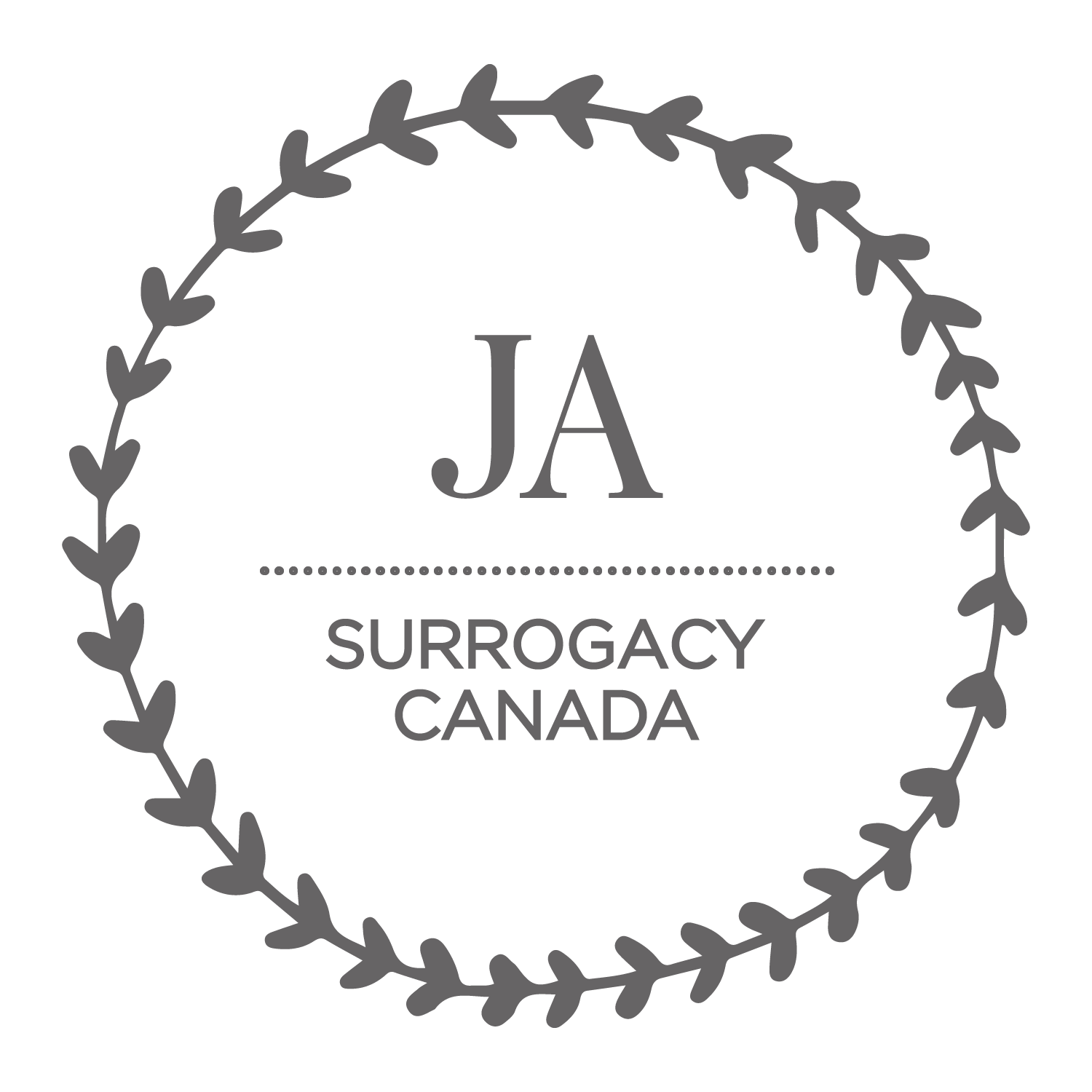5 Reasons Why Some People Don't "Just Adopt"
Photo by Erin Shepley Photography
For most people the path to parenthood is clear, a bottle of wine, a cozy date and 9 months later you’re wondering if it was pee or amniotic fluid (water break in aisle 12). For others the path to parenthood isn’t so clear. Couples struggling with infertility, single parents, and members of the LGBTQ community must weigh many factors when deciding how to shape their family. For those who choose the path of surrogacy, a common question received is, “why not just adopt?” Sometimes it is asked simply out of curiosity, but unfortunately that isn’t always the case.
There are thousands of children already in the world who are in need of a loving family and a place to call home. Due to this heart-breaking truth, the question of adoption can, in some cases, be more out of criticism than curiosity.
We believe that adoption is a wonderful way to build a family, but we also know that it isn’t a readily available journey for everyone. There are still many misconceptions regarding this. Today, we hope to clear some of them up and bring about a greater understanding. Here are 5 reasons why some people don’t “just adopt”:
1. Adoption isn’t always an option.
What many people often do not understand about the adoption process is the many factors that come into play. To be deemed a suitable adoptive parent, you must fit a specific criteria; this criteria varies from country to country.
Here are just a few of the contributing factors that determine whether or not a couple or individual is able to adopt:
Age
Marital Status
Family Requirements (e.g. age difference between you and your spouse)
Health Requirements
Family Size
Living in country for a certain period of time
Being able to meet an agency’s or government’s required criteria isn’t always easy. We’ve even had a friend turned away from adoption because at one point in his life, he had high cholesterol. This doesn’t mean that adoption is necessarily a harder route than surrogacy, but what we hope people begin to recognize is that it isn’t always an option for those hoping to build a family.
2. There isn’t always equality with adoption.
State courts commonly barred gay and lesbian individuals from holding a parenting role prior to 1973, especially through adoption. And though full joint adoption by same-sex couples is now legal in 26 countries, they are often still turned away in some parts of the world for reasons of “not fitting criteria”.
A quote in July 2018 by Pascale Lemare, head of the adoption service in the Seine-Maritime region of Normandy, Northern France, stated that same-sex couples could adopt but would likely be left with a choice of only adopting children who were ill or otherwise "atypical".
“Children that no one wants -- there are people who don't want to adopt children who are too damaged, too psychologically damaged, too big, or handicapped," Lemare said.
So while adoption may be legal for same-sex couples in some places, there isn’t necessarily equality.
3. Letting go is extremely hard.
Love is what makes a family, not biology, but coming to terms with one’s inability to conceive is easier said than done. To realize you cannot have your own biological children is a deeply heartbreaking experience; one that only those who’ve been through can truly fathom. When people dream of one day having children, they often imagine a child having “their mother’s eyes and their fathers smile”. Letting go of such a dream is incredibly difficult and we don’t believe anyone should have too.
4. Previous Emotional and Financial investments in the creation of embryos.
A heterosexual couple or a single woman may first turn to In vitro fertilisation (IVF) as an attempt to conceive. The IVF process is expensive and creating embryos is a journey in itself, and sadly, it isn’t always a successful one. However, there may be embryos leftover from this process that the couple or individual could use for surrogacy.
5. Biology is equality.
Surrogacy is commonly used by the LGBTQ community. Intended families can be configured in many different ways all fitting under the surrogacy umbrella. Being supportive of LGBTQ and reproductive rights is reinforcing the fact that those in the community should have the right to raise children of their own genes. Saying that anyone should not make that choice for themselves, because of their sexual orientation, is essentially saying that they don’t have the same rights as those who can conceive without assistance.
At the end of the day, no matter what path someone may choose, be kind, always. The world will be a better place for it. So what are some questions we can ask people who are considering surrogacy, instead of the adoption question?
“What lead you to surrogacy?”
“Have you been matched with a surrogate mother yet?”
“What kind of relationship do you plan to have with your surrogate mother?”
“Have you told other family or friends yet”?
“What is the process?”
“When did you decide you wanted to become a parent?”
A good general rule of thumb is to always ask thoughtful questions and to be mindful; we never truly know what someone has gone through until we’ve walked a mile in their shoes. This is how we can begin to have a greater understanding of the world and of each other.

